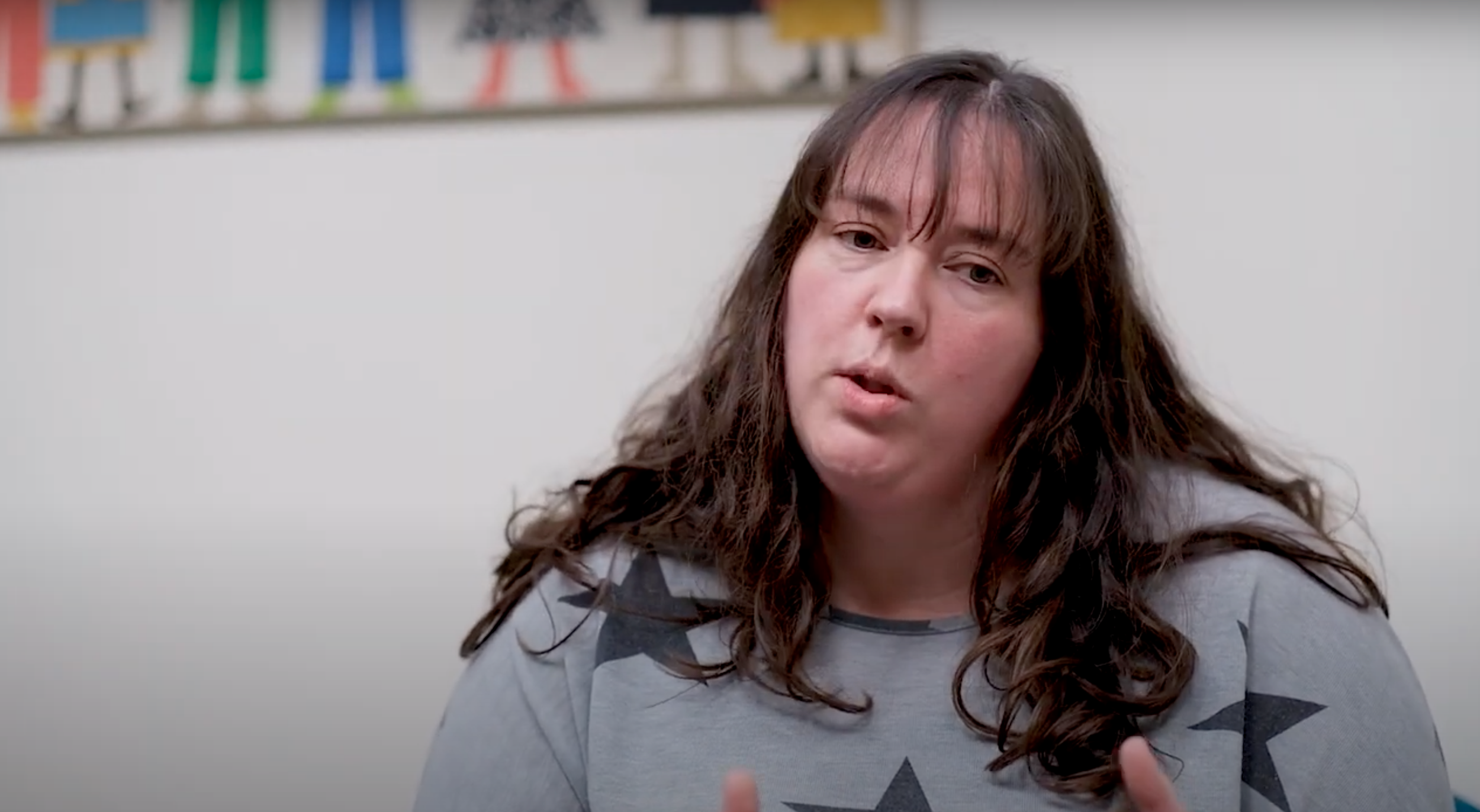Topic: Starting out
Plan for contact with family
Most special guardianship orders include contact time, also known as ‘family time’. These are the names for arranged time that the child spends with their parents and family. With good planning, there is a better chance of family time going well for everyone. We can make sure you get the support you need from the start.
Noelle shares some ideas on how to prepare for contact with family.
Make a plan
The conditions set out in your special guardianship order (SGO) will likely say that the child you now care for must spend arranged time with family, usually their parents.
For some people, this can be stressful for all sorts of reasons. But the more prepared you are, the more likely family-time will be a positive experience for the child.
Having a plan for family-time provides:
clear expectations that everyone agrees to
better opportunities for the child
ideas and activities that enrich the experience.
Many children and families maintain a good relationship and family-time is key to making that happen. As a special guardian, you are responsible for taking control of the situation and creating boundaries.
We can help you put a plan in place that makes things easier for everyone, especially the child you care for.
Learn more about family-time (contact)
Set expectations
Guardianship can place a strain on relationships. Mostly, it’s a step into the unknown and people understandably feel worried and confused about what should happen. That’s why it’s important to be clear about what everyone should expect.
What are your boundaries? How does the child feel about the arrangements? What are the timings and what will your role be?
You should make sure that everyone involved is on board with the plan and able to meet their commitments. You need to feel comfortable that everything is set up for the child to have a good experience.
First meetings
Those first few family-time meetings can help set the tone, so it’s important to work with each other to get them right.
When, where and how family-time takes place may include some tough decisions. It is a good idea to use a neutral venue, and the Council can provide suitable space - contact our team for information.
Initially, you will be there during family-time to make sure that it is safe, appropriate and both you and the child feel comfortable.
Meetings should be simple and having a shared activity can give the session focus, put everyone at ease and get conversation going. This needn’t be expensive and can be as simple as reading a book together or playing a game.
Noelle talks about the value of activities in family time and some ideas to try
The Ourfamilywizard website provides some pointers on activities and expectation management for family-time activities ↗ and our team can also use their experience to help recommend suitable things to do.
How you talk about family-time can also have a big influence and impact on the child. Be positive wherever possible and avoid talking negatively about parents, especially in front of the child you care for. You need to give them the best possible chance of having an experience that builds that relationship.
The charity Kinship has created a helpful guide for speaking with children living in guardianship ↗ about their situation and family relationships.
The child comes first
Of course, it should always be the child you care for that comes first. Be open with them, let them ask questions and involve them in the decision-making process as much as you possibly can (reflective of their age and development).
Explain what family-time with family is, why it’s important and how it can be a positive part of their life moving forward.
If family-time becomes more challenging and the child you care for is unhappy about the arrangement, you can make changes. You can also request a family-time review at any time where our support team can work with everyone to try and create an effective arrangement.
Your plan for family-time is not fixed and those arrangements can evolve over time. As the child grows and changes, you can adapt their time with family to make sure they get the quality experience they need.
Things you can do now
-
Make a plan
Forming a plan for what will happen, where and when will help enable you to set the expectations for everyone involved. You can read more about your rights and options in our ‘contact time with family’ guides.
-
Get ideas for activities
Our team can suggest activities for all ages and lots of different situations that feel safe and help create quality contact time with family. Our family wizard website also has a list of suggestions. Guardian groups can be another good source of inspiration.
-
Speak with the child
Explain what will likely happen and help manage their fears and expectations. Talk about ways they can tell you if they feel uncomfortable. Kinship has created a helpful guide to help talk to a child about their family.
-
Arrange time to reflect
Contact time with family can be a lot for children to process. It could be a lot for you too, so create space for you both to chat and reflect together.
-
Learn to talk about family
The child you care for may have questions about their family and own identity. Our lifestory sessions can help you and the child to get comfortable talking about those things.
-
Get emotional support
Contact time can stir up all kinds of emotions, good and bad. We can listen carefully and help you process contact time so that you understand more about how you are feeling.


